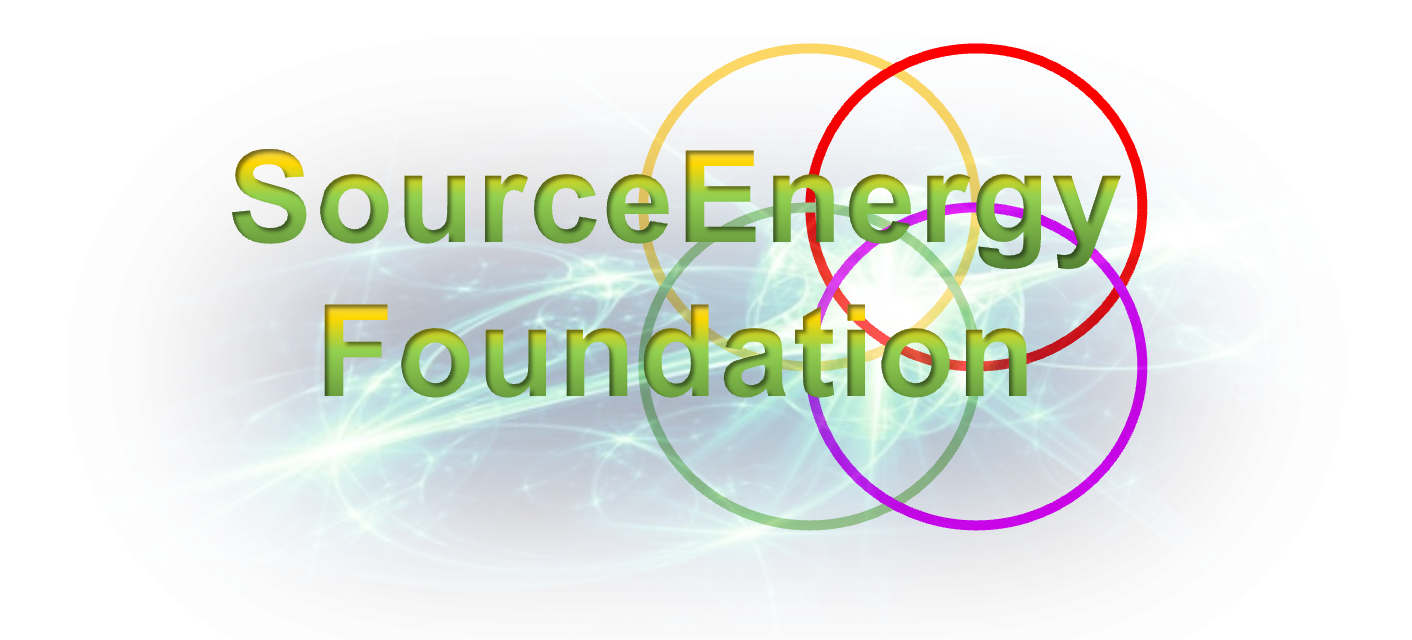Wealth Ecology Intergenerational Framework
Building Generational Wealth, One Block at a Time
What is the Wealth Ecology Model?
The Wealth Ecology Model is a transformative framework that connects generations through structured blocks designed to promote growth, sustainability, and reinvestment. It focuses on empowering communities by fostering collaboration across age groups—from nurturing the youngest members to leveraging the wisdom and resources of older generations.
Section 2: Key Blocks of the Model
Heading: The Building Blocks of Generational Success
Subheading: Discover the Pillars of the Wealth Ecology Framework
A visual breakdown of the blocks, each with a clickable “Learn More” button leading to a detailed explanation.
- Genesis Block: The Core
- Focus: Establishing values and foundational support for future generations.
- Age Relevance: Ages 3-8 (Learning and development) and 51-72 (Mentorship and leadership).
- [Learn More]
- Source Block: Household Trust
- Focus: Financial security and trust-building within households.
- Age Relevance: Ensuring a secure environment for all ages.
- [Learn More]
- Foundation Block: Community Development Entity
- Focus: Community-driven initiatives for education, business, and infrastructure.
- Age Relevance: Children gain community identity, older adults lead development.
- [Learn More]
- Time Block: Aggregated Market
- Focus: Leveraging time and resources for sustainable market growth.
- [Learn More]
- Ecology Block: The Exchange
- Focus: Knowledge and resource exchange across generations.
- [Learn More]
- Empire Block: Capital Re-Investment
- Focus: Reinvesting wealth to empower future generations.
- [Learn More]
Section 3: Intergenerational Integration in Action
Heading: Intergenerational Strategies: Connecting Ages 3-8 and 51-72
Subheading: How Generations Collaborate to Build Wealth Ecology
Key Points:
- Mentorship Programs:
- Pair older adults (51-72) with children (3-8) for literacy development, storytelling, and cultural heritage education.
- Community Development Projects:
- Create community centers combining educational spaces for children with wellness activities for seniors.
- Sustainability Practices:
- Introduce community gardens where children learn to grow food under the guidance of older generations.
- Capital Reinvestment:
- Older adults contribute to trust funds, scholarships, and infrastructure projects benefiting younger generations.
Section 4: Why It Matters
Heading: The Long-Term Impact of Wealth Ecology
Subheading: Benefits for Communities, Families, and the Economy
Infographic or Statistics:
- 31 million people live in Opportunity Zones that could benefit from this model.
- 3 Generations Connected: Building bridges for wealth and knowledge transfer.
- Sustainable Growth: Promoting education, energy independence, and local markets.
Section 5: Join the Movement
Heading: How You Can Be Part of the Wealth Ecology Initiative
Subheading: Opportunities to Contribute
- For Ages 3-8: Enroll your children in community programs designed for early learning and growth.
- For Ages 51-72: Volunteer as a mentor, leader, or investor to shape the next generation.
- For Organizations: Partner with us to fund and support community development projects.
Call-to-Action Buttons:
- Volunteer
- Donate
- Partner with Us
